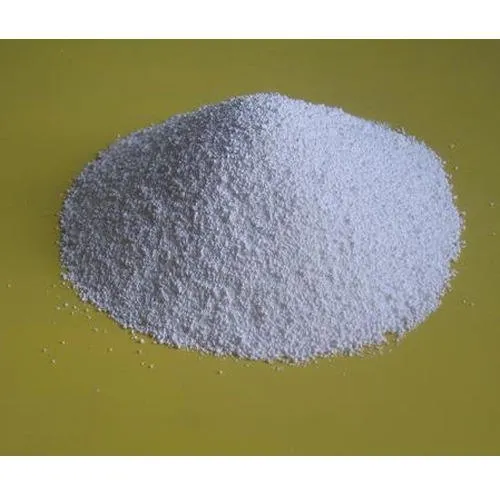
Kali carbonicum
Latin name: Kalium carbonicum
Short name: Kali-c
Common name: Potassium carbonate | Pearl ash | Salt of tartar | Potash | Carbonate of potash
Primary miasm: Sycotic Secondary miasm(s): Psoric
Kingdom: Minerals
Family: Inorganic salt
- Symptomatology
- Remedy Information
- Differentiation & Application
A hygroscopic white salt, Kali carbonicum is chemically represented by K₂CO₃. It is an alkaline, caustic substance historically obtained from wood ashes and used in soap-making and glass production.
Traditionally used in industry as a drying agent, soap additive, and glass component. Also used in baking as a leavening agent before the widespread use of baking soda.
Proved by Samuel Hahnemann and published in Materia Medica Pura. Additional elaboration by Hering, Allen, Kent, and Clarke.
- Lungs and respiratory system – asthma, stitching chest pains, chronic bronchitis
- Back and spine – lumbago, weakness, stitching pains
- Digestive tract – flatulence, abdominal distension
- Female reproductive organs – labour pains, prolapse, leucorrhoea
- Mucous membranes – dryness or profuse discharges
- Mind – anxiety, rigidity, moral rectitude
- Connective tissue and joints – stiffness, weakness, early morning aggravation
- Sitting bent forward
- Warmth, but not heat
- Covering up
- Moving slowly
- After passing flatus
- Eating (briefly relieves faintness)
- Cold air or draft (particularly to back)
- 2–4 a.m. (especially respiratory symptoms)
- Lying on painful side
- After coition
- Suppressed discharges (catarrh, menses)
- Sudden exertion, stooping, ascending stairs
- Bryonia – Similar stitching pains, but worse from motion, with dryness and thirst
- Arsenicum – More restlessness, burning pains, fear of death
- Calcarea carb. – Similar weakness and backache, but more sweat and chilliness
- Natrum mur. – Reserved, weeping alone, but more grief than anxiety
- Sepia – Also uterine and prolapse symptoms, but more indifference, better from exercise
- Complementary: Lycopodium, Calcarea carb., Sepia
- Antidotes: Camphor, Coffea
- Follows well: Bryonia, Nux vomica
- Precedes well: Sulphur, Natrum mur.
Kali carbonicum reflects the pillar of social conformity, inner tension, and deep-seated fear of failure or collapse. The patient is upright, dutiful, loyal—but the internal world is trembling with anxiety, stiffness, and vulnerability. This remedy excels in chronic respiratory and spinal conditions, uterine and back ailments, and individuals whose rigidity masks fear and fragility.
- Think of Kali-c. in chronic bronchitis with gagging cough, worse at 2–4 a.m.
- Excellent for backache with uterine prolapse or after labour
- Use in stitching pains anywhere in the body, especially chest and back
- Consider for weeping children with fear of abandonment
- Valuable in the elderly with chronic respiratory and joint complaints
Mind
- Anxiety, health, family, future
- Fear, alone, of being
- Startled easily
- Conservative, moralistic
Head
- Pain, stitching, temples
- Vertigo, rising, with nausea
Chest
- Pain, stitching, coughing
- Cough, 2–4 a.m., dry, gagging
Back
- Pain, lumbar, morning
- Stiffness, rising from seat
Female
- Uterus, prolapse
- Leucorrhoea, yellow, thick
Generalities
- Weakness, morning
- Cold air aggravates
2–4 a.m. aggravation
Samuel Hahnemann – Materia Medica Pura: Original proving, detailed description of stitching pains and flatulence
James Tyler Kent – Lectures on Homoeopathic Materia Medica: Mental picture, fears, stitching pains, respiratory indications
John Henry Clarke – Dictionary of Practical Materia Medica: Back pains, bronchitis, uterine prolapse
William Boericke – Pocket Manual of Homoeopathic Materia Medica: Clinical tips, modalities, cough, and weakness
C. Hering – Guiding Symptoms of Our Materia Medica: Detailed repertory rubrics, night aggravation, and chest indications
